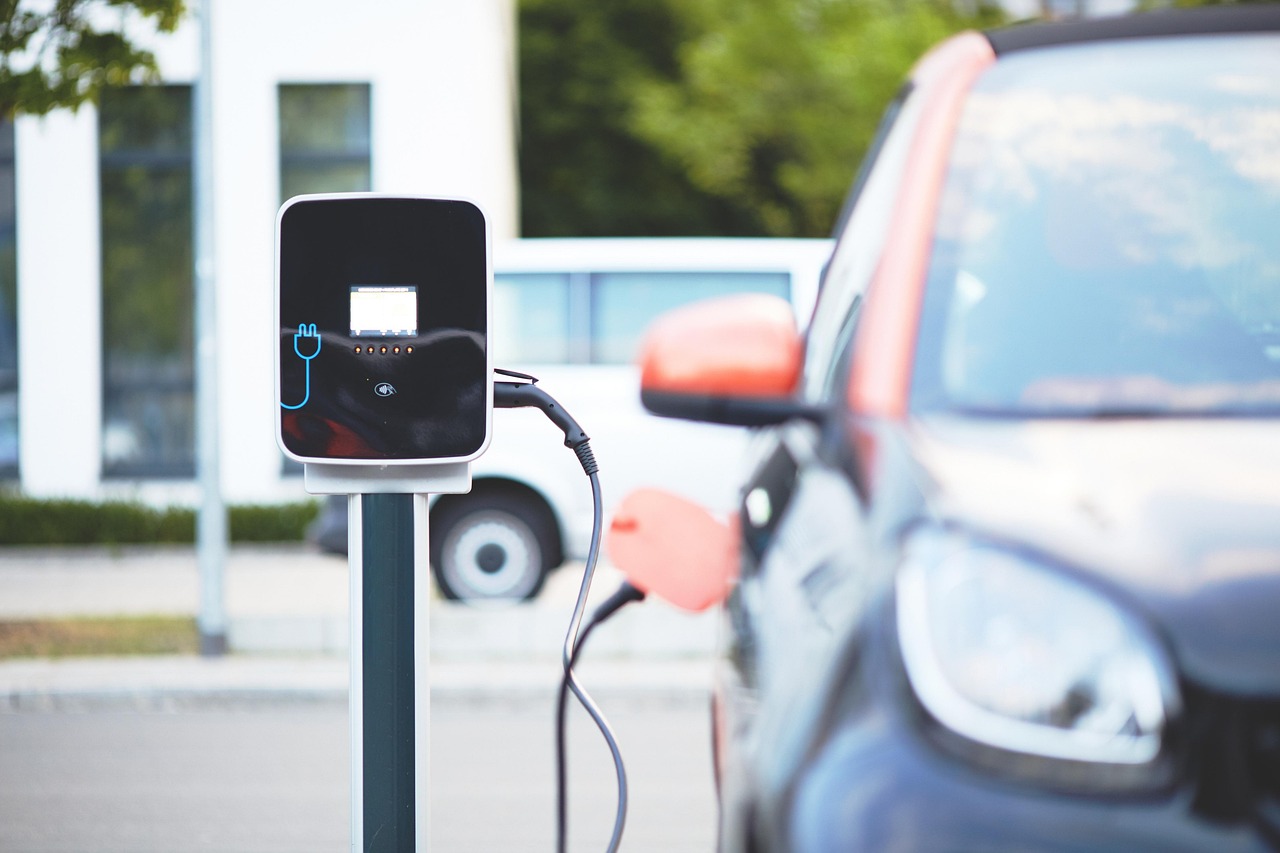Many people have doubts about electric cars. Many argue that they are too expensive, there are not enough electric plugs in the UK, they create more carbon emissions in their production than they save. But many of these arguments are wrong and it is worth investing in one. It is not possible for the world to get to Net Zero without electric cars because it decarbonises transportation, which currently contributes 20% to global warming.
Electric cars save carbon emissions over their lifetime
Electric cars become carbon neutral after two years of driving (if 17,000 miles have been driven). They produce only a third of the carbon emissions compared to a diesel or petrol car, which is why it reduces your carbon footprint by 0.8 tonnes a year.
There are 70,000 electric charging points in the UK
The number of plugs in the UK has increased substantially this decade. There are currently 70,000 electric plugs across the country and this will increase to over 100,000 by 2030. A typical electric car has a range of 220 miles, which is the average amount driven in two weeks. If you are doing a long journey across the country, it should be easy to find an electric plug to recharge the electric car for the whole journey.
Electric cars can save money over its lifetime
About a third of used electric cars cost less than £20,000 and electric cars have up to 40% lower servicing and maintenance costs because they have fewer mechanical components. To fully charge a typical electric car for 220 miles will cost £17 (if charging from home). Filling up an average petrol or diesel car costs £45 for the same range of miles. If you have solar panels, you can charge your car at home for free. Electric cars also have lower VEDs (vehicle excise duties) and are charged less in clean air zones around the country.
Electric cars do not catch fire easily
Electric cars are 11 times less likely to catch fire compared to a petrol or diesel car, making them much safer.

Leave a Reply